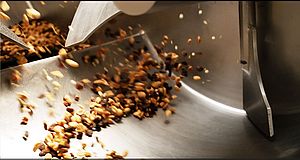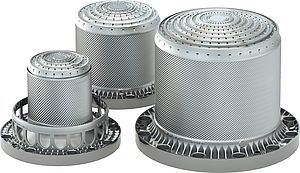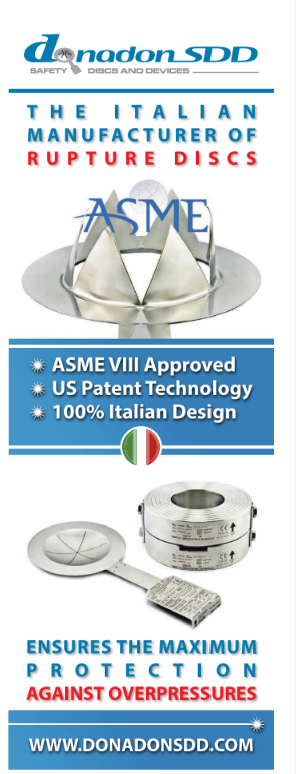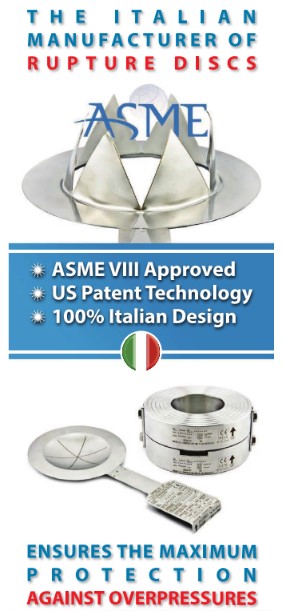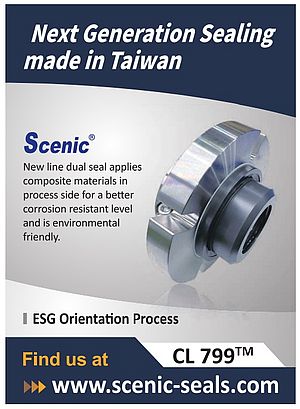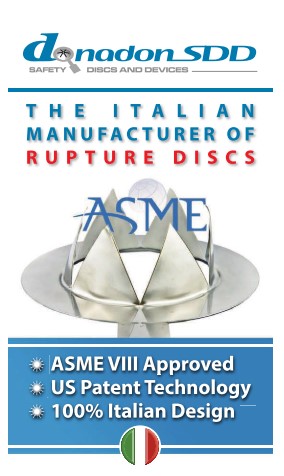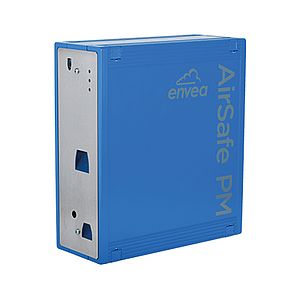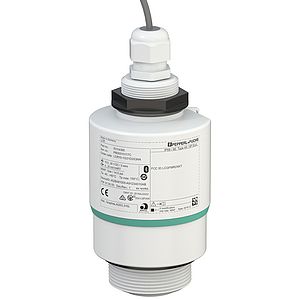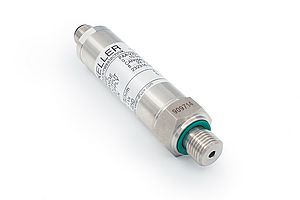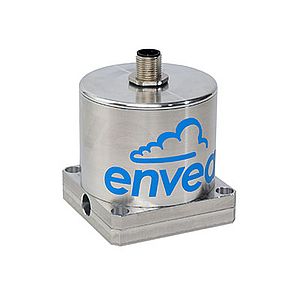A new plant for the manufacture of oxidized polyethylene waxes went into operation at the BASF site in Ludwigshafen, Germany. The plant manufactures high quality oxidized waxes according to BASF’s own process. The new plant will improve the availability on oxidized polyethylene waxes now and in the future, for instance in plastics processing.
The new plant fits perfectly into the integrated supply network for raw materials and energy at BASF’s Ludwigshafen site. The low-density polyethylene wax that forms the basis of the oxidized waxes comes directly from the site’s own polymerization plants. “As well as extending the capacity, we have also invested in modernizing the existing plant for polyethylene waxes”, said Dr. Stefan Beckmann, Senior Vice President Home Care & Formulation Technologies Europe. “Demand for high-quality waxes and oxidized waxes is growing world-wide due to the increased production and processing of plastics”, said Dr. Beckmann. “We will be able to satisfy this increasing demand when the new oxidation plant for waxes in Ludwigshafen goes into operation.”
Waxes in the form of powder, fine powder, granules and pastilles are marketed under the Luwax brand, and liquid emulsions are available under the Poligen trademark. Oxidized polyethylene waxes are used as lubricants in the processing of plastics such as polyvinylchloride to prevent the plastic from sticking to the hot surfaces in the machinery, which saves energy and enhances the material properties of products such as PVC pipes and profiles.
Oxidized polyethylene waxes can also be emulsified in water. Wax emulsions are applied as finishes to textiles in order to obtain a smoother surface in order to make them easier to sew and to make them more resistant to linting and pilling. Polyethylene waxes are used in polishes applied to shoes, furniture, floors and car bodywork and wax emulsions to protect the surface, to provide gloss or to enhance safety by increasing the slip resistance. Addition of wax emulsions to the coating of glossy magazines protects the surface against ink rub-off. A thin layer of wax can also be applied to the skin of citrus fruit to prevent it from drying out and becoming bruised.






